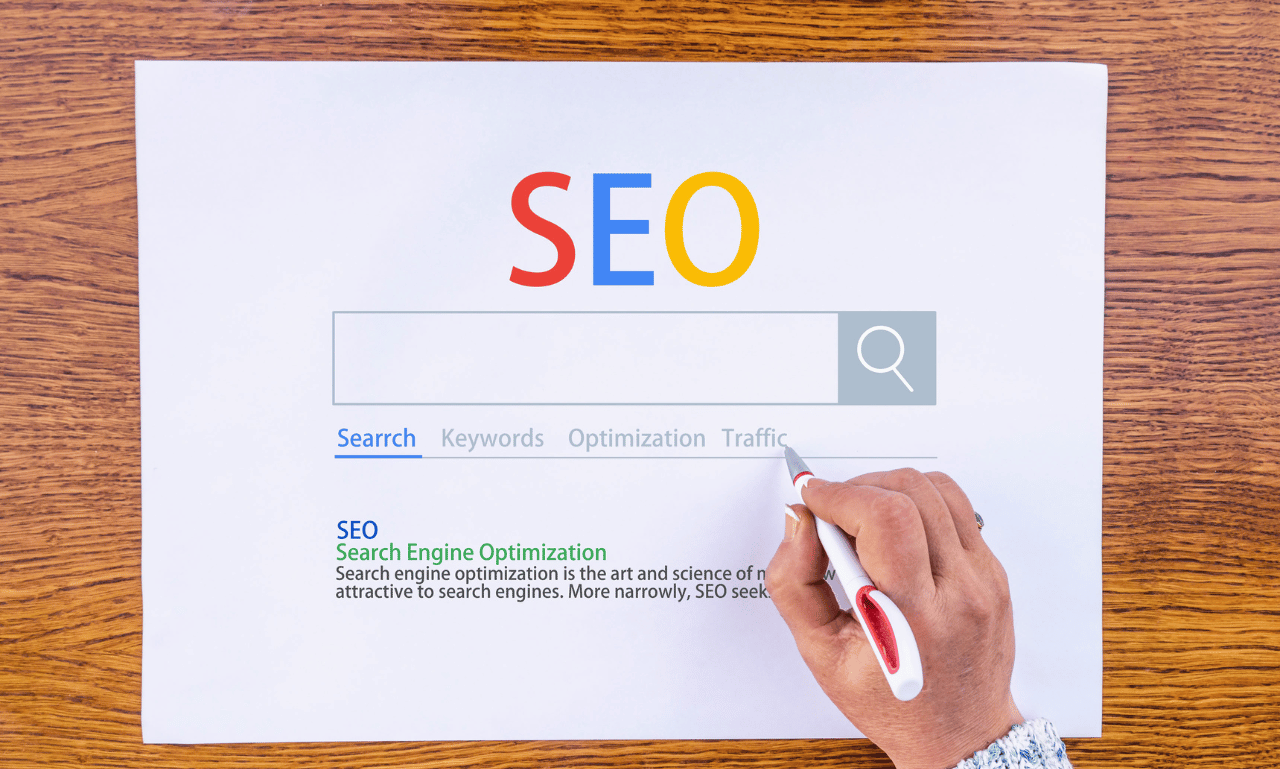Measuring SEO metrics is crucial for creating a business case to justify your agency’s efforts and optimizations, landing new clients, securing a budget from existing clients, and keeping your current client happy.
At the enterprise level, that often means sifting through massive websites with thousands of pages. Providing key SEO metrics requires a certain degree of automation to streamline the process.
Increased Traffic
Table of Contents
Increasing website traffic is the ultimate goal of any SEO campaign. However, it’s important to remember that more web page views do not necessarily translate into more sales or conversions. The key to successful SEO is ensuring that your web pages target the right audience and offer a valuable, relevant experience.
To ensure your website content performs well, you should track various enterprise SEO metrics, including organic traffic, branded vs. non-branded searches, and bounce rate. In addition, the benefits of enterprise SEO metrics will help you identify issues that negatively affect your site’s visibility and make data-driven decisions about improving it.
The most crucial SEO metric is organic traffic, which indicates how many visitors find your website through organic search engine results. This metric is critical for measuring the effectiveness of your SEO efforts and determining your return on investment. Tracking your traffic over time is essential to see how your efforts improve or decline.
Another crucial metric is brand vs. non-branded traffic, which refers to the percentage of your traffic from search terms containing your brand name. Branded traffic is vital because it typically carries more purchase intent, which can result in higher conversion rates. It’s also beneficial to track the incremental growth of branded traffic over time to see how your SEO efforts positively impact your business.
Increased Conversions
SEO metrics are essential for assessing the effectiveness of your digital marketing strategy. These metrics can help you identify areas that need improvement and hone in on strategies likely to drive results. You can increase your website’s traffic and conversion rates with the correct information, resulting in tremendous business success.
A critical enterprise SEO metric is conversion rate, which measures the percentage of visitors to your site that complete a desired action on your website, such as making a purchase or signing up for a newsletter. A high conversion rate indicates that your content effectively drives organic traffic and converts visitors into leads or customers.
Another essential enterprise SEO metric is impressions, which measure how often your search engine optimization (SEO) links appear on a search result page. More images mean more users see your SEO content, leading to increased branding and visibility.
Another crucial enterprise SEO metric is bounce rate, which measures the percentage of visitors to a website who leave after viewing just one page. A low bounce rate indicates that your web pages are engaging and providing a positive user experience. An excellent way to improve your bounce rate is to add more relevant content and optimize the structure of your website.
Increased Revenue
Increasing revenue through organic search is the primary goal of any digital marketing strategy. This metric is crucial for any enterprise SEO agency, providing an actual return on investment (ROI).
While some people are quick to label traffic a vanity metric, the truth is that you need a steady stream of traffic to your site to achieve your business goals. Organic traffic allows you to measure the impact of your SEO strategies, isolate specific campaigns, and compare monthly, quarterly, or annual traffic changes.
Increased page views are another important SEO metric to monitor. This metric shows how well your content engages visitors and converts them into customers. It also helps you determine if you need to improve your website design or content.
In addition to monitoring your web page content views, you should also consider the number of visits that come from social media. This metric is an excellent way to see if your social media marketing efforts positively impact your SEO performance.
It would help to use the right software to get the most accurate results when tracking your SEO metrics. Using the right tools will ensure you evaluate the most valuable data and continually improve your marketing strategy.
Increased Customer Satisfaction
Customer satisfaction is one of the most critical factors for any business, directly affecting repeat purchases and brand loyalty. Additionally, happy customers are more likely to generate word-of-mouth referrals and testimonials for your business. Ultimately, this can lead to more potential customers and more revenue. In addition, satisfied customers will also be more likely to share their positive experiences with your business on social media platforms.
Using SEO metrics to measure user engagement can help your business improve its search engine optimization efforts. By regularly monitoring metrics like average session duration and bounce rate, you can ensure that your web pages engage users and guide them through the buyer journey.
Another vital enterprise SEO metric is the number of backlinks that your website has. This can help you identify what type of content drives the most traffic to your site and which pages perform well in conversions. Additionally, monitoring the number of crawl errors on your website is crucial to ensure that search engines can easily access and index your web pages quickly.
As a result, having the correct set of enterprise SEO metrics in place is essential to maximize your business’s visibility and revenue potential. By monitoring these key metrics and taking corrective action as necessary, you can be sure that your enterprise SEO campaigns are delivering the highest possible ROI for your business.

